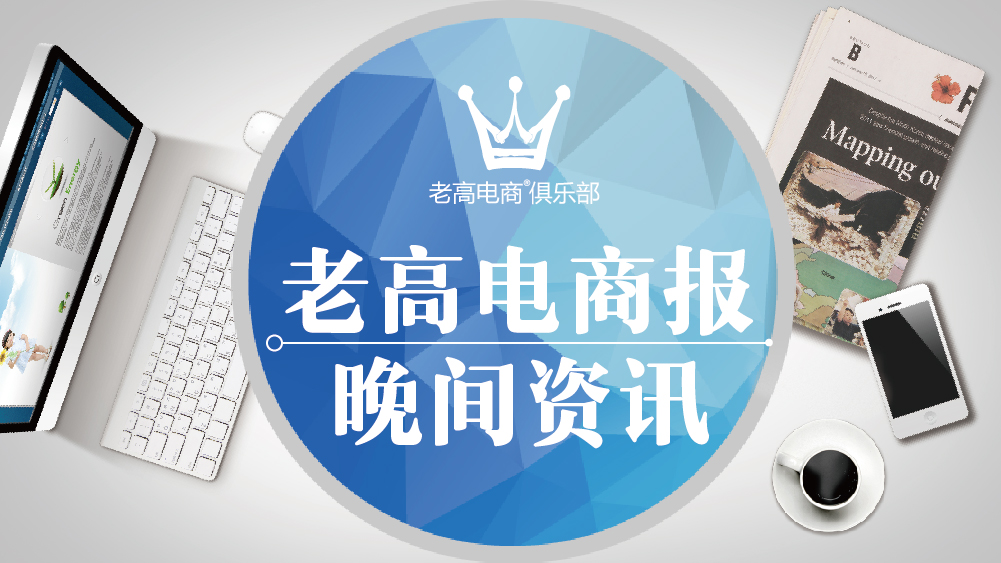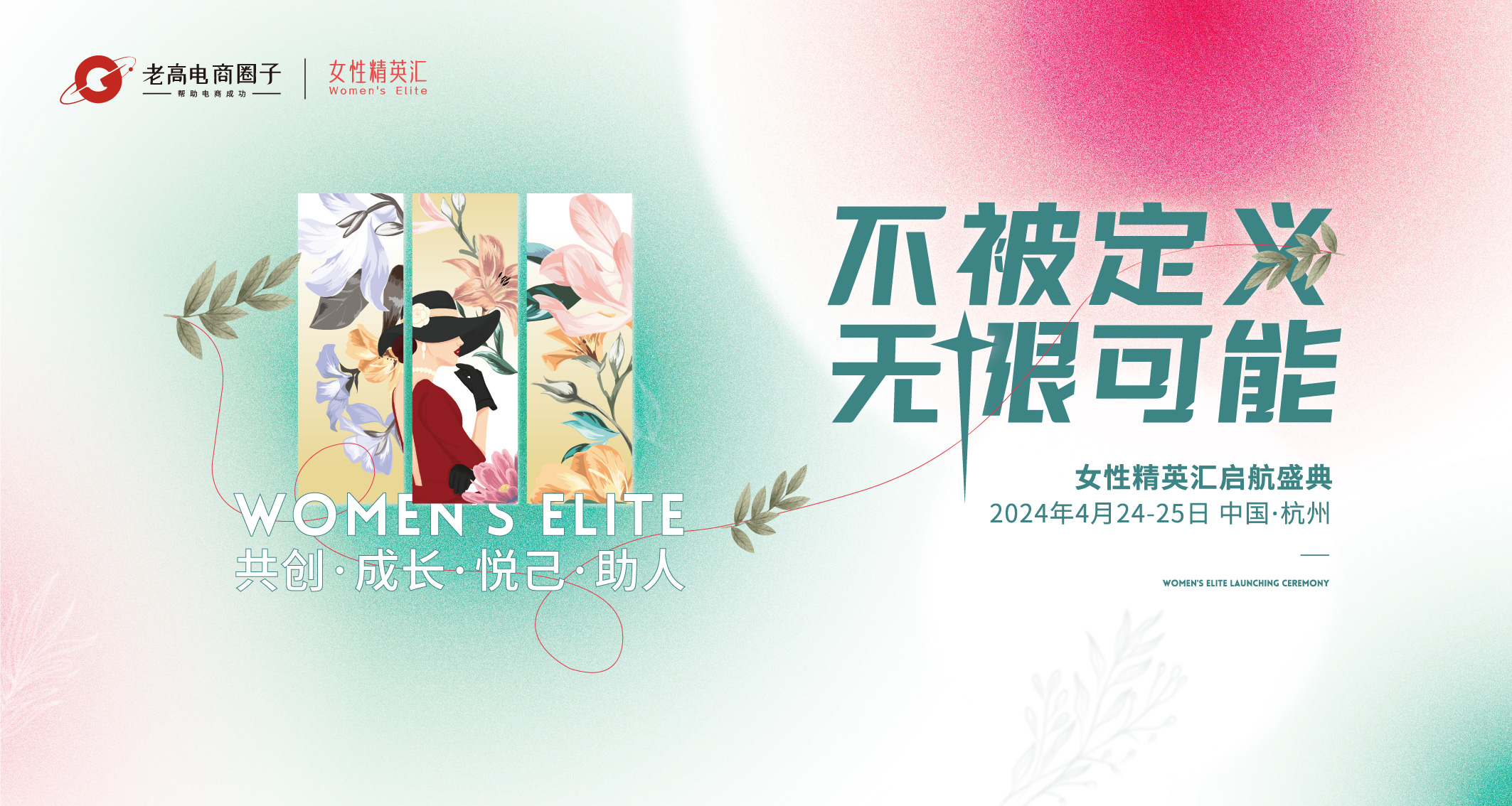Urban Beauty recently announced the issuance of approximately 5.4% of new shares to JD.com, Tencent, Vipshop and ChinaSwiss Holdings. Among them, JD.com holds 2.48% of the shares, while Tencent, Vipshop and Zhongrui Holdings hold 0.83%, 0.83% and 1.23% of the shares respectively. Through the sale of new shares, Urban Beauty raised a total of about 413 million yuan.
Urban Beauty stated in the announcement that the subscribers introduced this time will become important strategic shareholders and will strengthen the group's business development in e-commerce channels in the future. Urban Beauty, the largest underwear company in China, which was founded in 1998 and has more than 6,000 stores nationwide, has officially embraced the Internet e-commerce giant in all aspects.
In fact, due to the impact of e-commerce in recent years, Urban Beauty has gradually become more vigorous since 2016. The move to win over JD.com and Tencent to seize the online market is more like the company's unsuccessful self-rescue in danger.
Embrace e-commerce and join JD.com
Although Urban Beauty has opened flagship stores on the three major e-commerce platforms of Tmall, JD.com and Vipshop, it turns out that Urban Beauty has unswervingly chosen JD.com and embraced e-commerce in full. However, the cooperation between Urban Beauty and JD.com has long been traced. From the capital level, both parties are companies that Today Capital mainly invests in, and Today Capital is still an important shareholder of the two companies.
In September 2017, JD.com and underwear brand Urban Beauty launched Super Brand Day. The event not only launched online sales on JD.com, but also synchronized in more than 2,000 offline stores of Urban Beauty. In addition, JD.com founder Liu Qiangdong also personally stood up for the event and said, "JD.com has insisted on cooperating with famous brands since the first day of its launch in 2004 and rejected all miscellaneous brands or low-quality products. JD.com Group is very willing to cooperate with high-quality brands like Urban Beauty and supports it."
For urban beauty, the reason behind choosing JD.com is that it pays more attention to the components of JD.com users. According to JD.com data, women aged 26-35 are the main customer base for purchasing bras on JD.com, accounting for more than 40%; followed by women aged 36-45, accounting for 27%; women aged 16-24 account for 25%.
With the blessing of JD.com, Urban Beauty has won a large number of consumers this event. On October 1, it posted an announcement on JD.com, saying: "On September 29, super products exploded in full swing, and the order volume exploded. For orders from September 29 to September 30, we will issue them within 72 hours after placing the order."
In addition, Ding Xia, president of JD.com's fashion business unit, once revealed that "selling started at midnight that day, and the first 15 minutes exceeded the sales volume of last year's Double 11, and the first three hours had exceeded 35 times the average daily sales."
Obviously, Urban Beauty conducts in-depth marketing through the O2O model, not only linking with JD online and offline, further promoting online sales; it also uses JD big data portraits to conduct high-precision crowd screening during the early warm-up period, so as to achieve the goal of "harvest" precise users in depth.
In February this year, Urban Beauty announced that it would jointly establish a fashion industry fund of 1 billion yuan with JD.com to invest in close-fitting clothing and upstream and downstream peripheral industry companies. Urban Beauty said that the establishment of a cooperative fund is mainly used for industry mergers and acquisitions and resource integration suitable for the group's business, and further expand the group's popularity and footprint in the global close-fitting clothing industry. After previous win-win cooperation, the determination of both parties to jointly plan the underwear industry can be seen.
From prosperity to decline, it is urgent to solve the problem
According to Euromonitor International, the retail value of the Chinese women's underwear market is expected to reach US$25 billion by 2019, twice that of the US market, and this data can grow to US$33 billion by 2020. There is no doubt that the domestic underwear market has huge potential.
Since 2012, Urban Beauty has embarked on the transformation path of "fast fashion" and has successfully signed Lin Chiling as the brand spokesperson. At the same time, Urban Beauty seized the industry trend of rapid development of the underwear industry from 2013 to 2014. Since then, Urban Beauty's development has gradually shown signs of reaching its peak.
According to statistics from the E-commerce Daily, Urban Beauty's revenue in 2013 was only about 2.916 billion yuan. In 2014, its revenue reached about 4.008 billion yuan, a year-on-year increase of 37.4%; operating profit was about 575 million yuan, a year-on-year increase of 54.8%. In 2015, the company's revenue was approximately RMB 4.953 billion, a year-on-year increase of 23.6%; operating profit was approximately RMB 689 million, a year-on-year increase of 19.8%.
However, Shengjing did not last long. In 2016, Urban Beauty released a performance announcement showing that the company's revenue decreased to about 4.512 billion yuan, a year-on-year decrease of 8.9%; operating profit decreased to 305 million yuan, a year-on-year decrease of 55.7%. By 2017, Urban Beauty's revenue was approximately 4.542 billion yuan, a year-on-year increase of 0.7%, and its operating profit was only approximately 420 million yuan.
Despite the increase over the previous year, the achievement is based on its continuous closure or sale of stores. During the reporting period, Urban Beauty closed several loss-making stores, and the total net number of stores fell by 362. At the same time, due to the sale of the low-end "Zhizai Time" business that only accounts for about 1% of the Group's sales in 2016, the number of stores has dropped by 108.
As of December 31, 2017, Urban Beauty's distribution network includes 7,181 stores, of which only 1,290 are self-operated stores, and the rest are franchise stores. It is not difficult to find that under the impact of e-commerce, urban beauty, as a leading brand of underwear, has to "avoid its edge".
It is worth noting that Urban Beauty is not unaware of the power of e-commerce. On the contrary, Urban Beauty began its own e-commerce journey as early as 2014. Urban Beauty officially hit "electricity" as early as 2014, but its e-commerce revenue was only about 73.77 million yuan, accounting for only about 0.02% of the total revenue; it increased to about 175 million yuan in 2015, accounting for about 0.04% of the total revenue; it was about 313 million yuan in 2016, accounting for only 0.07%. The e-commerce business added a hint of sorrow to the company's development.
Take risks in danger and save yourself
While the Shengjing is no longer there, it has also encountered a series of blows such as store closures and powerless contact, so urban beauty has to take the risk of self-rescue.
In May 2017, Urban Beauty issued an announcement stating that the company allocated 240 million shares to Shenzhen Qianhai Fosun Ruizhe Asset Management Co., Ltd., a wholly-owned subsidiary of Hong Kong stock Fosun International, at a price of HK$2.50 per share. After the transaction is completed, Fosun will become a strategic shareholder of Urban Beauty, accounting for 11.18% of the shares. In fact, the shares sold by Urban Beauty to Fosun International wholly-owned subsidiary were about 9.17% higher than the market price at that time of HK$2.29 per share.
At the same time, Urban Beauty also signed a betting agreement with Fosun: the latter requires Urban Beauty to grow by no less than 3% year-on-year in 2017, not less than 6% in 2018, or no less than 9.18% compared with 2016. In terms of profit, after deducting non-recurring items, the year-on-year growth in 2017 will not be less than 20%, the year-on-year growth in 2018 will not be less than 15%, or the growth in 2018 will not be less than 38% compared with 2016.
In other words, if Urban Beauty does not meet the gambling requirements, the four major shareholders will need to pay Fosun 100 million as compensation. In addition, it is still unknown whether Fosun will withdraw its investment in the future. Judging from the current performance data of Urban Beauty, although the actual profit reached last year, the actual sales revenue still did not meet the promised Fosun results.
In response, Urban Beauty once publicly responded that according to the agreement, the two-year operating performance is required, so the focus is on 2018. Sales performance will improve further this year, reaching the promised Fosun sales figures. It also emphasized that e-commerce channels will continue to make efforts, and sales are expected to continue to have impressive growth in 2018.
Under the current dilemma, Tencent and JD.com's investment is undoubtedly a special "invigoration" for Urban Beauty. But relying solely on the power of these two to restore the situation of decline is doubtful. First of all, JD.com has been deeply engaged in 3C home appliances and does not have an advantage in clothing retail sales; in addition, although Tencent currently has retail supermarkets such as Walmart, Yonghui Supermarket, and Carrefour, it is already a weaker in the e-commerce field. On the premise of only providing traffic entrances, it is particularly questionable to significantly increase the sales of urban beauty.
One-third of 2018 has passed, and both the market and Fosun have less time left for urban beauty.



![#Laogao E-commerce Newsletter# [E-commerce Evening News on December 6]](/update/1634637709l862528272.jpg)
![#Laogao E-commerce Newsletter#[E-commerce Evening News on September 4]](/update/1599209273l580887241.jpg)

 EN
EN CN
CN
